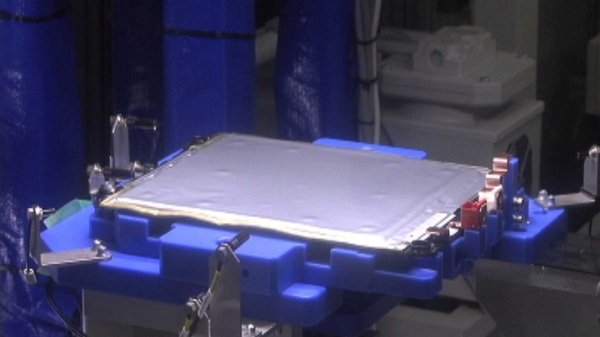 Toyota to get clean diesel technology
Toyota to get clean diesel technology
BMW today announced an agreement to partner with Toyota to develop battery cell technology, in return agreeing to provide Toyota Motor Europe with clean diesel technology.
Toyota Europe certainly seems to be a beneficiary here. One area of technology that the Europeans excel at is in diesel engine technology. BMW has been producing diesel engines since 1983. We find it interesting though, that BMW would turn to Toyota for battery cell development assistance. Toyota, you will recall, went to Tesla for assistance with the upcoming RAV4 EV. While all Prii to date have used nickel-metal hydride batteries, the upcoming Prius Plug-in Hybrid will use lithium-ion. Nissan has been developing lithium-ion battery technology for over 20 years. In fact, you can find a reference to them in Michael Crichton’s 1990 novel Jurassic Park. This is likely one reason that Nissan is the only manufacturer that we are aware of that requires no active cooling system for their battery management system. Not only is the technology important, the packaging of that technology must be done properly. While many observers early on derided Nissan for not using an active battery cooling system, it must be remembered that many of those same observers need the coolant for their own vehicles. According to Einstein “Things should be made as simple as possible, but not simpler.” If others could get by without a battery cooler they would. Nissan can.
Toyota is an extremely large automotive company with deep pockets. Certainly Toyota can absorb more development cost than BMW can. So perhaps that is where the BMW benefit lies.

You’re exactly right Ernie. The Nissan battery pack is far superior to the packs from the other OEMs especially given Nissan’s passive thermal management. However, they have added a resistance heater for colder climates. But there’s no fluid running through the Nissan battery pack. It is speculated that the Volt fires may have been caused from leakage of the Volts battery coolant coming in contact with a damaged battery pack. The Tesla pack requires active thermal management with fluids and is based on cheap laptop battery cells. Clearly that pack is inferior in an automotive application. I suspect that the other OEMs may eventually turn to Nissan for battery solutions over the next several years.
Pingback: Toyota working with BMW on next gen lithium ion battery tech — Living LEAF